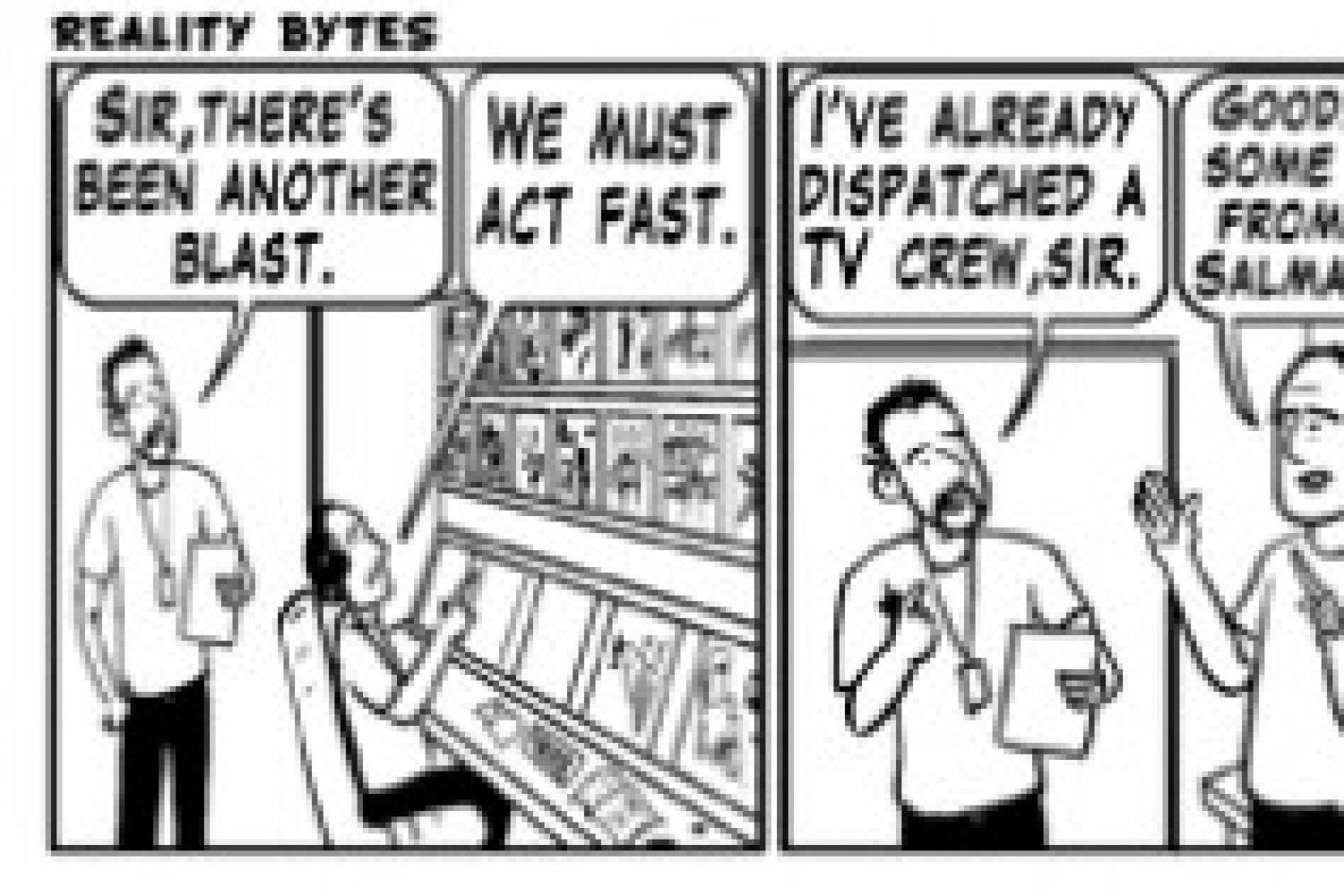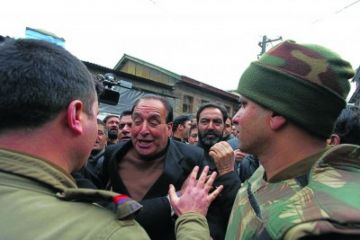
Over the last couple
of years we have taken profound steps. We have improved in leaps and bounds,”
said Indian National Congress general secretary Rahul Gandhi in Bhubaneswar, a
day after serial blasts rocked Mumbai, earlier this year. “But terrorism is
impossible to stop all the time.” Indeed, humans can’t get lucky all the time.
It was July 13.
Mumbai’s streets and marketplaces were busy as usual. But in a span of 10 minutes,
around 7 p.m., the city was sent into familiar hor





